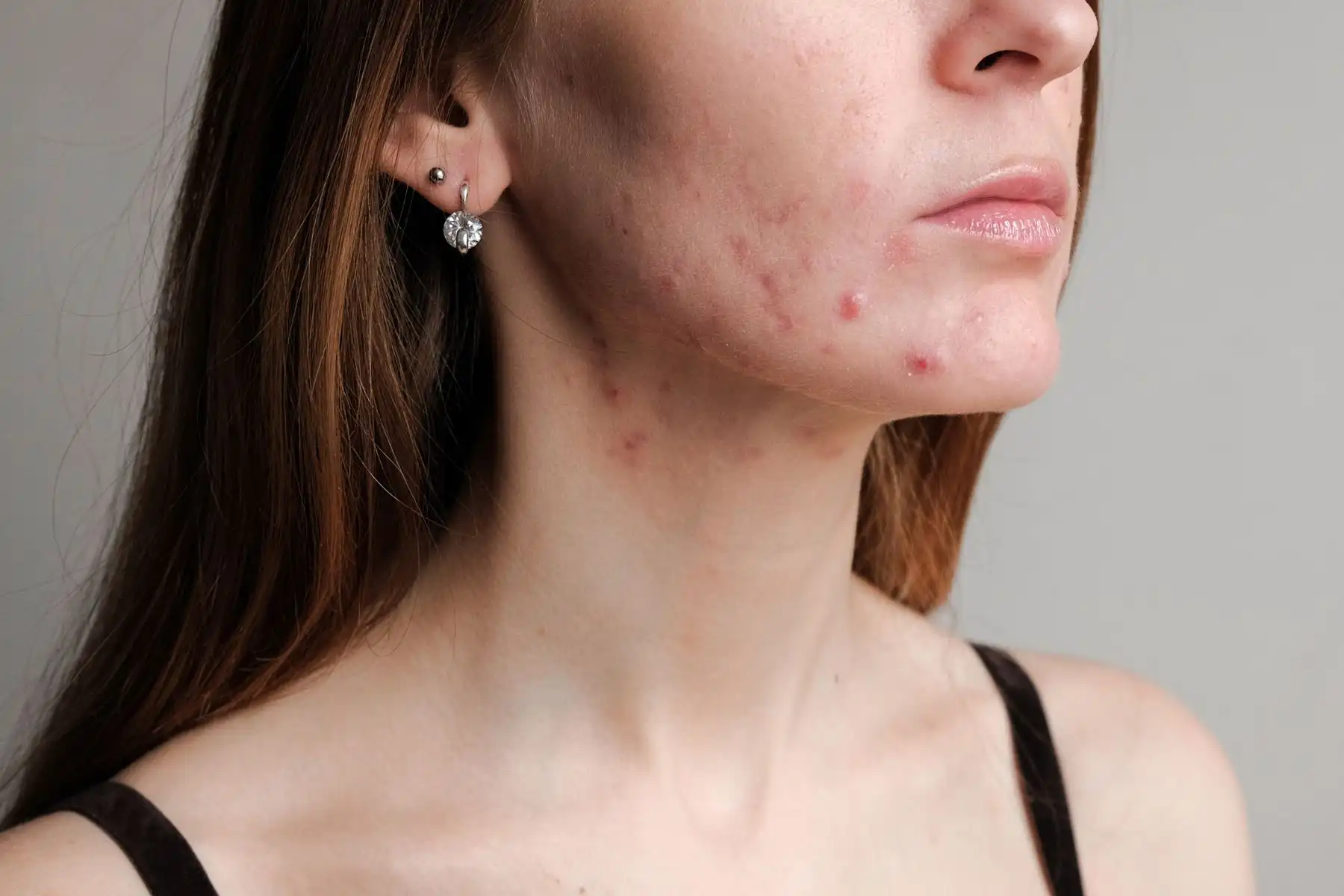
Isotretinoin
At Freyja Medical, we offer a range of acne treatments, including Isotretinoin.
Our experienced dermatologists conduct thorough assessments during consultations to tailor the best treatment for you.
Read on to learn more about Isotretinoin and its benefits.
What is Isotretinoin and how does it work?
Isotretinoin, also known at Roccutane, is a potent medication used to treat severe acne that hasn’t responded well to other treatments.
It works by targeting the oil glands in the skin, reducing their size and activity. This, in turn, decreases the production of oil, which can otherwise clog pores and contribute to acne.
By controlling oil production, Isotretinoin helps to prevent the formation of new acne lesions and promotes the healing of existing ones.
It’s often considered a last resort for severe acne cases due to its potential side effects, but it can be highly effective when used under the guidance of a dermatologist.
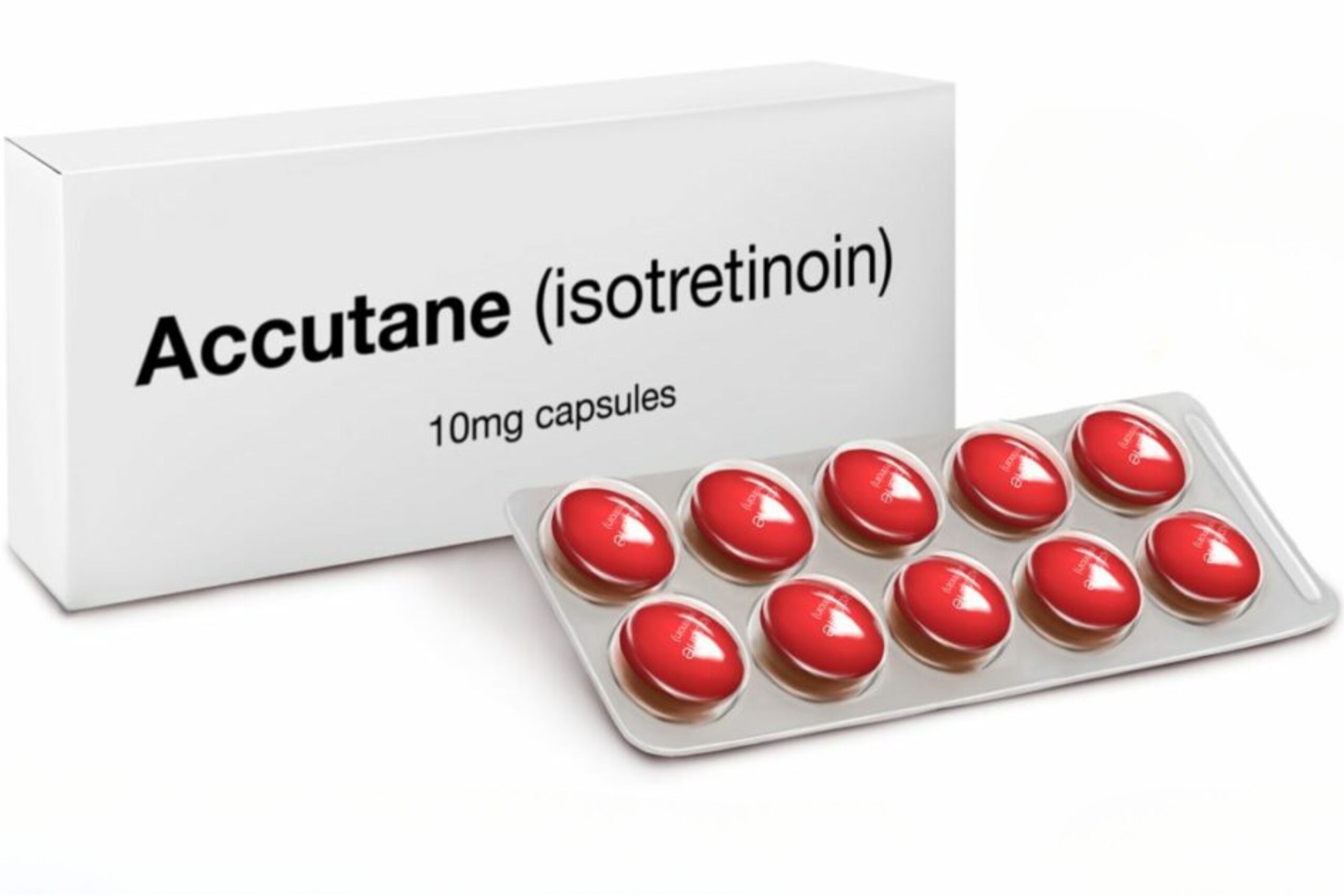
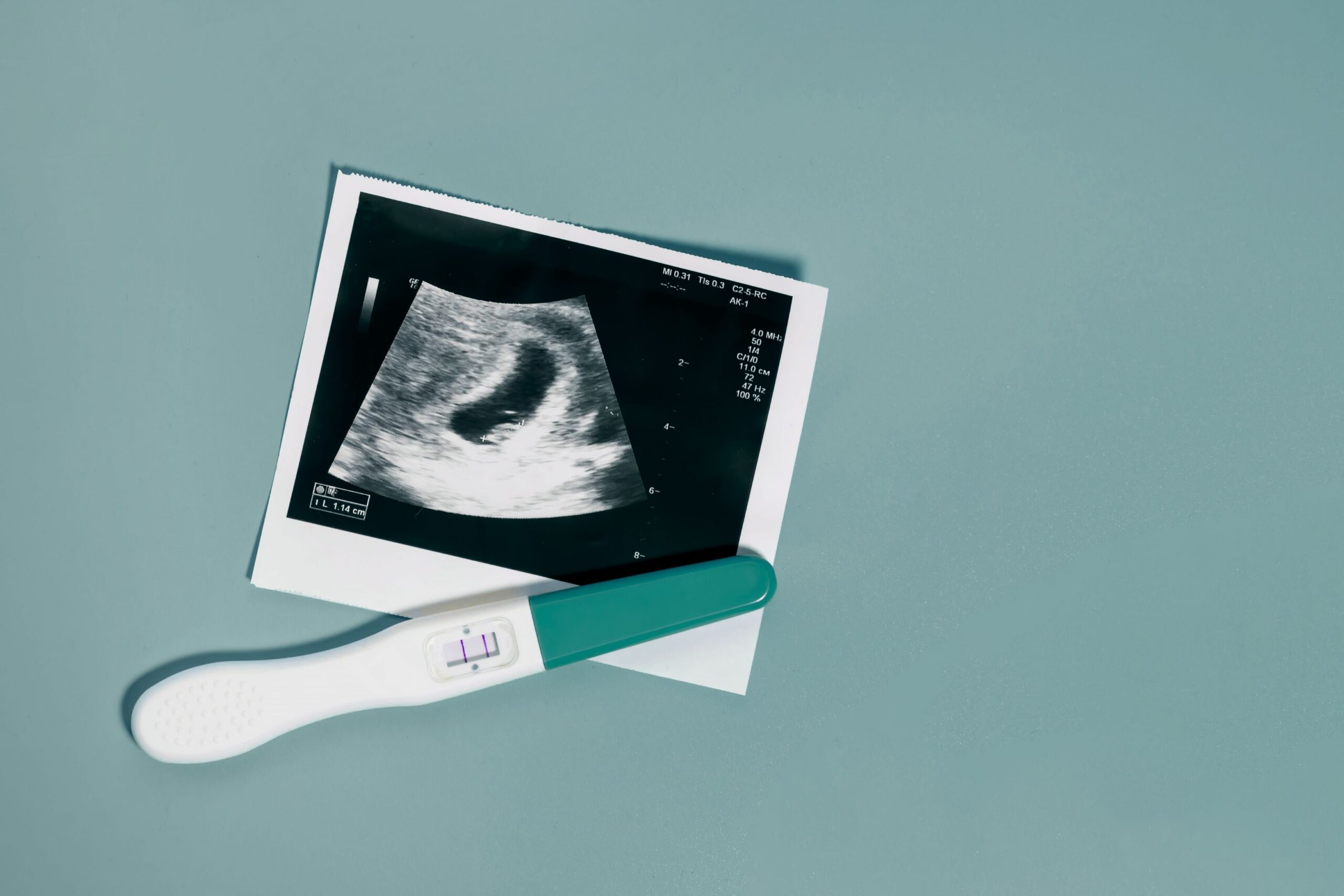
Important things to know about Isotretinoin…
Effectiveness: Isotretinoin is highly effective in treating severe acne, often when other treatments have failed.
Side effects: Roaccutane can cause a range of side effects, including dry skin, lips, and eyes, as well as potential mood changes and increased sensitivity to sunlight. It’s crucial to discuss potential side effects with your dermatologist.
Pregnancy risk: Isotretinoin can cause severe birth defects if taken during pregnancy. Female patients of childbearing age must adhere to strict pregnancy prevention measures while taking Isotretinoin.
Monitoring: Regular monitoring of liver function and lipid levels is necessary during Roaccutane treatment to ensure its safety.
Duration: Isotretinoin treatment typically lasts several months, with dosage adjusted based on individual response and side effects.
Lifestyle adjustments: Patients may need to make lifestyle adjustments, such as avoiding excessive sun exposure and using moisturisers to combat dry skin, while taking Isotretinoin.
Consultation: Isotretinoin should only be taken under the supervision of a qualified dermatologist who can provide comprehensive guidance and monitoring throughout the treatment process.
Alternative treatments: Isotretinoin is just one option for treating severe acne. Patients should discuss alternative treatments and their potential benefits and risks with their dermatologist before starting this treatment.
Is Isotretinoin right for me?
Determining if Isotretinoin is suitable for you depends on various factors, including the severity of your acne, your medical history, and any previous treatments you’ve tried.
Roaccutane is typically prescribed for severe acne that hasn’t responded well to other treatments, such as topical medications or antibiotics.
Additionally, it’s important to consider potential side effects and discuss them with your dermatologist. They can assess your individual situation and help you make an informed decision about whether Isotretinoin is the right choice for you.
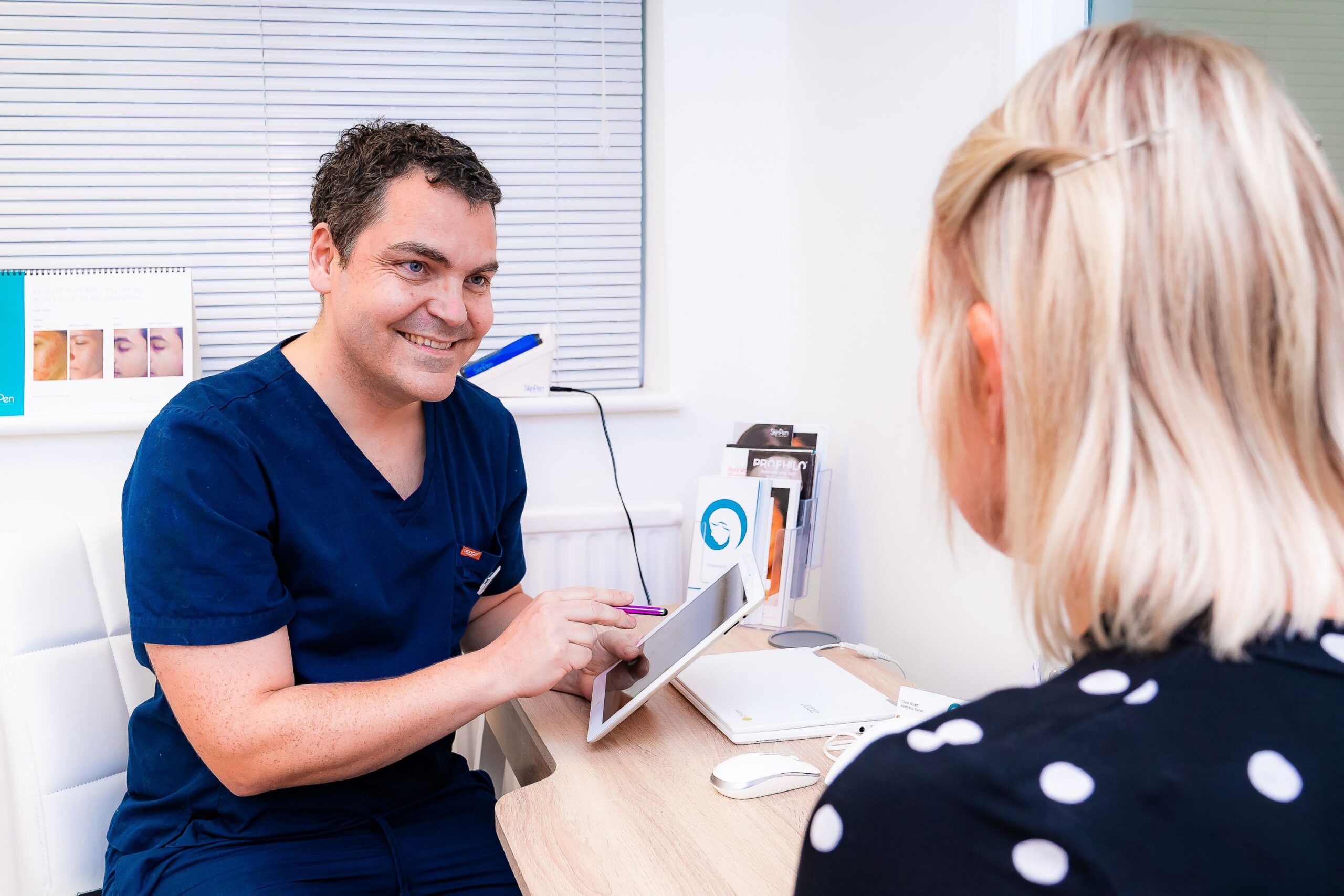
What is Isotretinoin and how does it work?
Isotretinoin is a potent medication used to treat severe acne that hasn’t responded well to other treatments.
It works by targeting the oil glands in the skin, reducing their size and activity. This, in turn, decreases the production of oil, which can otherwise clog pores and contribute to acne.
By controlling oil production, Roaccutane helps to prevent the formation of new acne lesions and promotes the healing of existing ones.
It’s often considered a last resort for severe acne cases due to its potential side effects, but it can be highly effective when used under the guidance of a dermatologist.
What are the potential side effects of Isotretinoin?
Common side effects include dry skin, lips, and eyes, as well as potential mood changes and increased sensitivity to sunlight. Rare but serious side effects may include liver problems and birth defects if taken during pregnancy.
How long does Isotretinoin treatment last?
Treatment duration varies but typically lasts several months. Your dermatologist will determine the appropriate duration based on your response to the medication.
Is Isotretinoin safe?
It is safe and effective when used under the supervision of a qualified dermatologist. However, it’s important to discuss any concerns with your doctor and adhere to their recommendations closely.
Are there any precautions I should take while on Isotretinoin?
It’s crucial to avoid pregnancy while taking Isotretinoin, as it can cause severe birth defects. Additionally, regular monitoring of liver function and lipid levels is necessary during treatment.
What should I expect during an Isotretinoin consultation?
During your consultation, our experienced dermatologists will conduct a thorough assessment of your skin concerns and medical history to determine if Isotretinoin is the right treatment for you.
How much do the treatments cost?
The cost of Roaccutane treatments varies based on the severity of the condition. For an approximate estimation tailored to the average Roaccutane patient journey, please refer to our price list. Click here to view our price list.
How often do I need to come in for treatments?
To ensure the effectiveness of your treatment, it’s crucial to attend monthly appointments at the clinic. Compliance with this schedule is necessary for us to prescribe Isotretinoin. Failure to do so may result in the inability to proceed with this treatment.
Say Goodbye to Acne
Arrange your expert consultation for just £225 today.
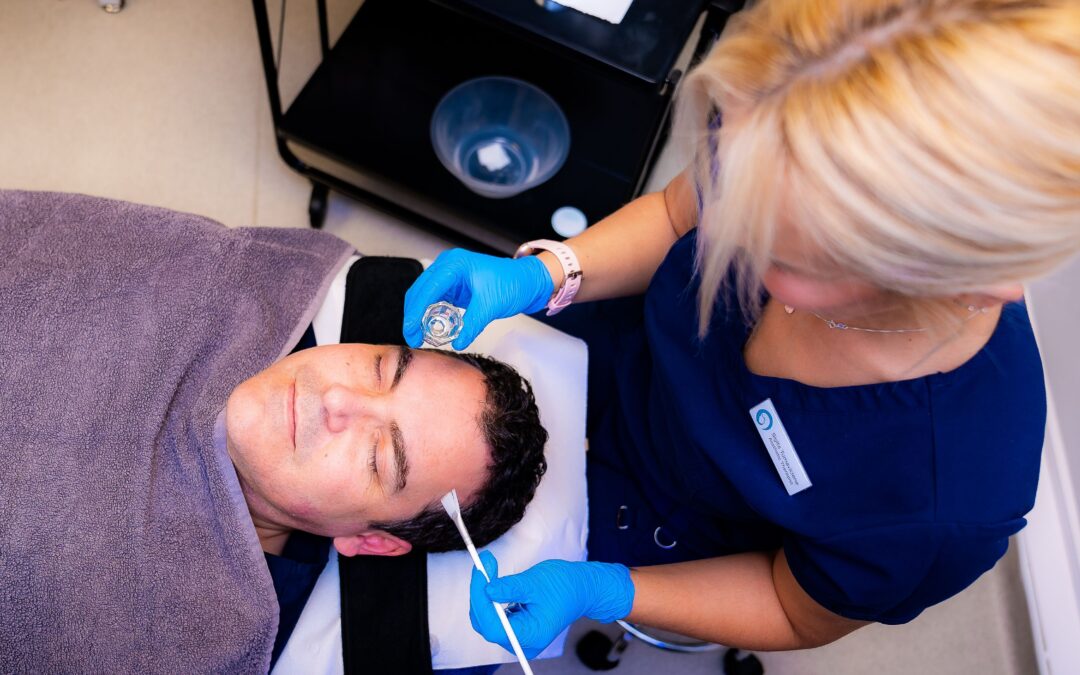
Long-Term Acne Treatment Packages at Freyja Medical
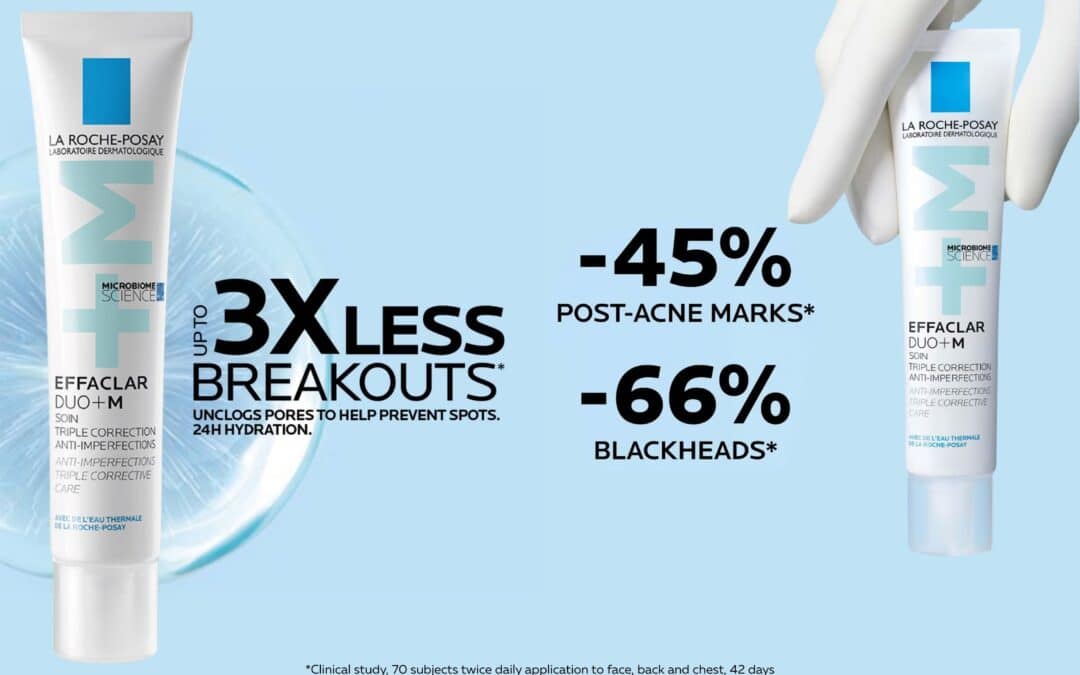
La Roche-Posay Effaclar Duo: Best Acne Skin Product

Teenage Pimples and Acne: Top Treatments and Expert Skincare
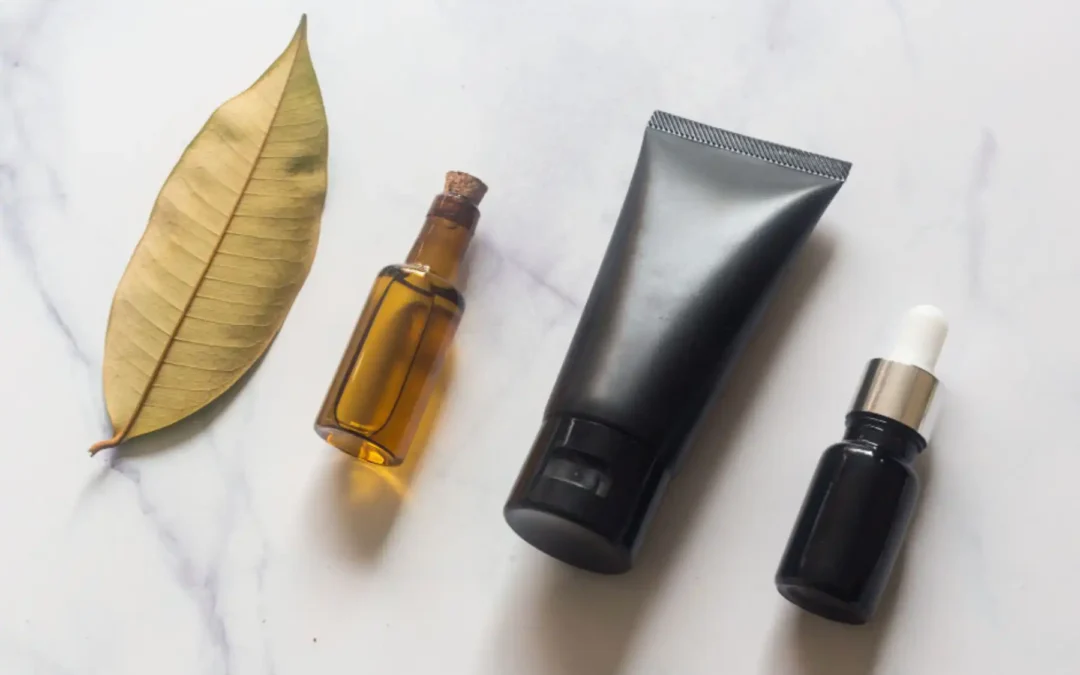
Acne Product Ingredients: What Matters Most

Stress and Acne: Understanding and Management

Over-the-Counter vs. Prescription Acne Products

Hormonal Acne: Causes, Symptoms, and Treatments
Types of Acne Scars, Treatments and Prevention

Adult Acne: Why It Happens and How to Fight Back


